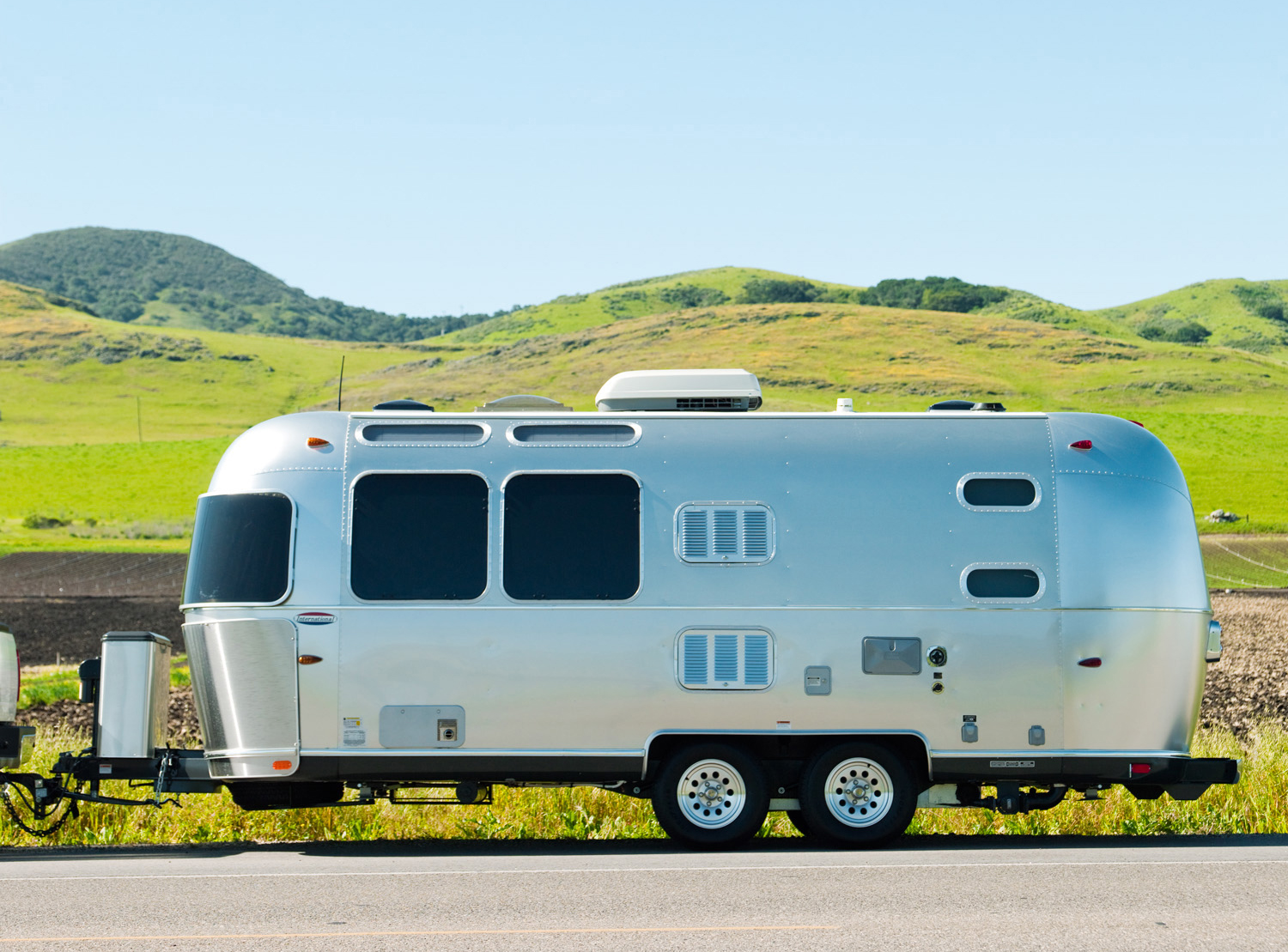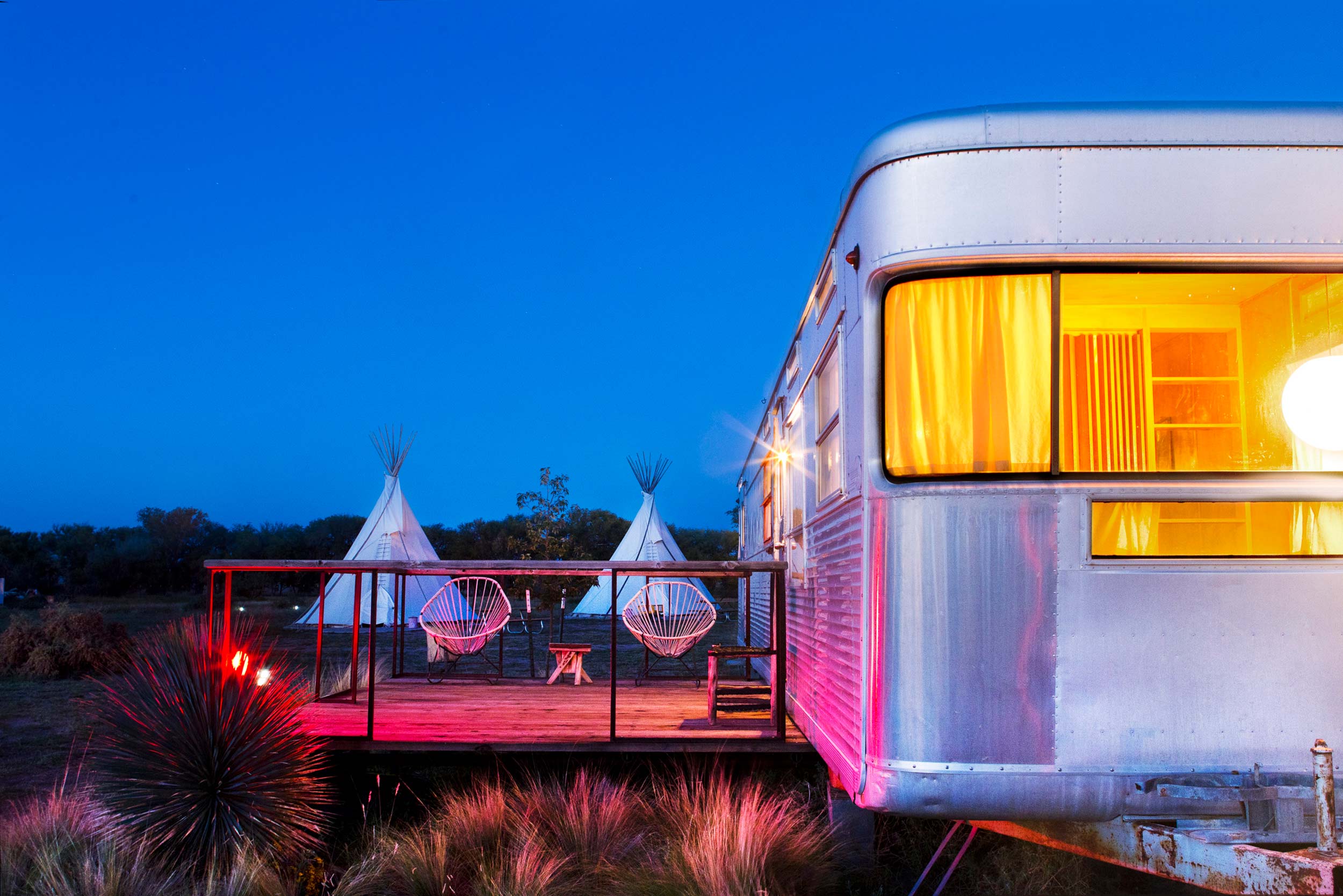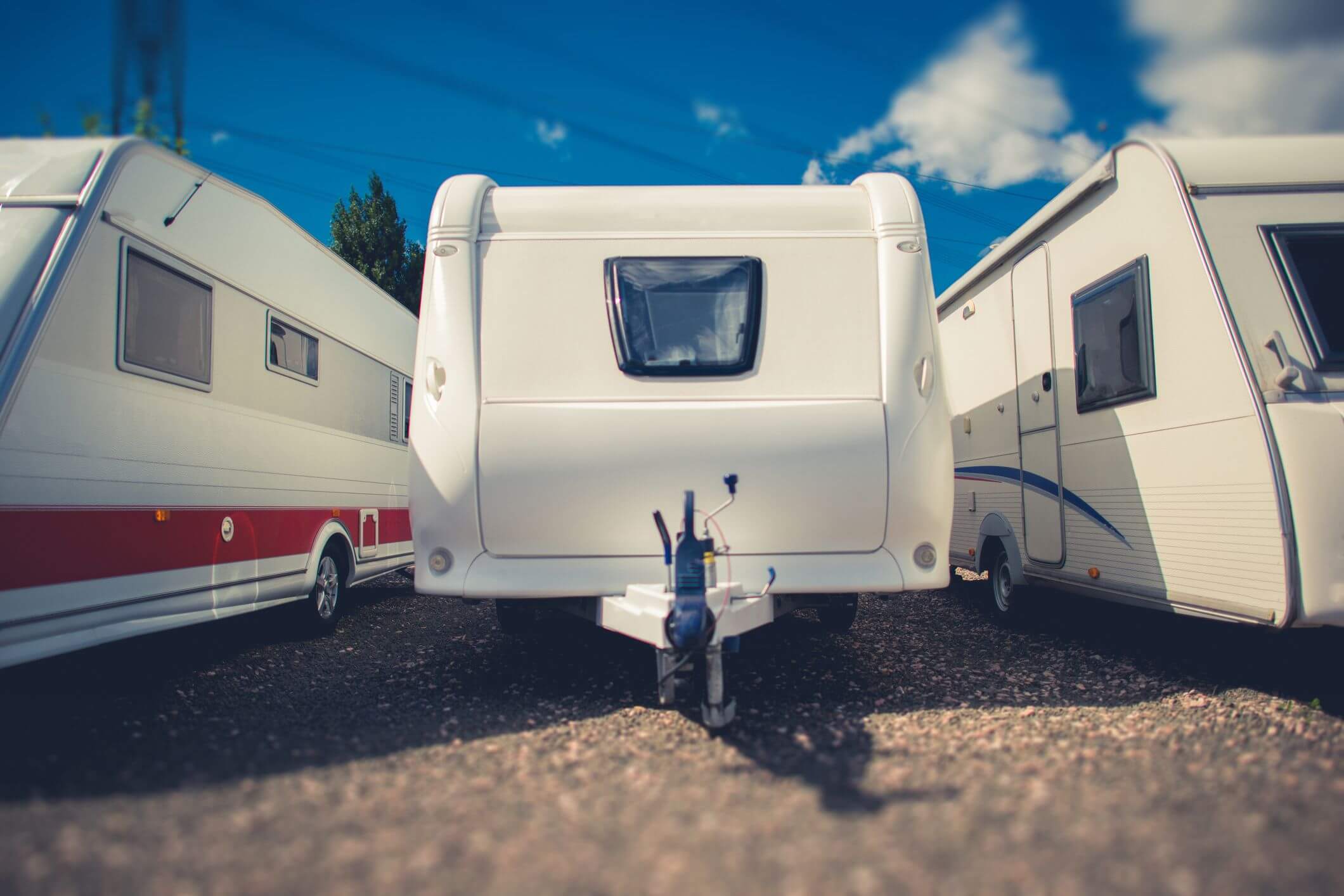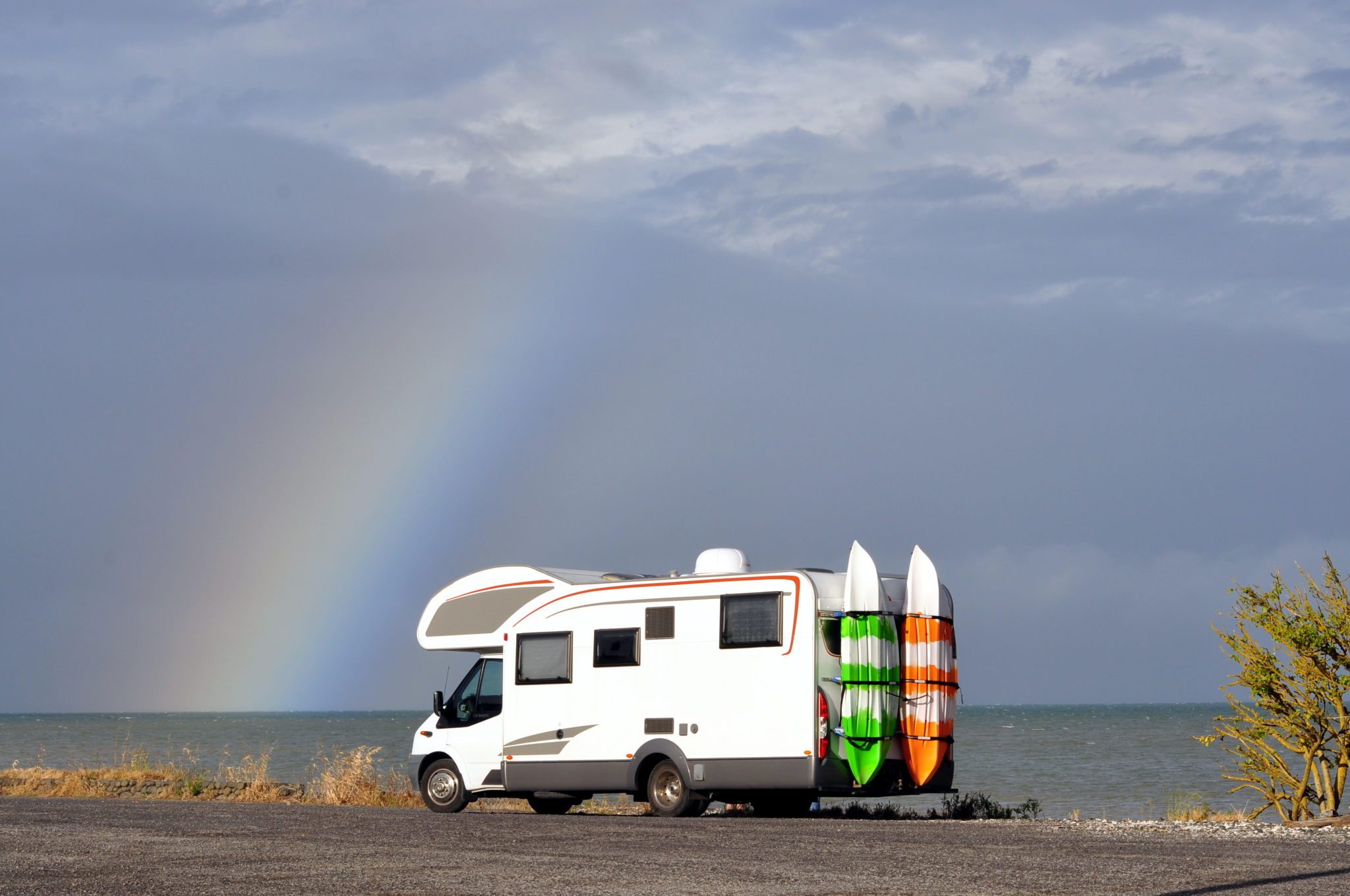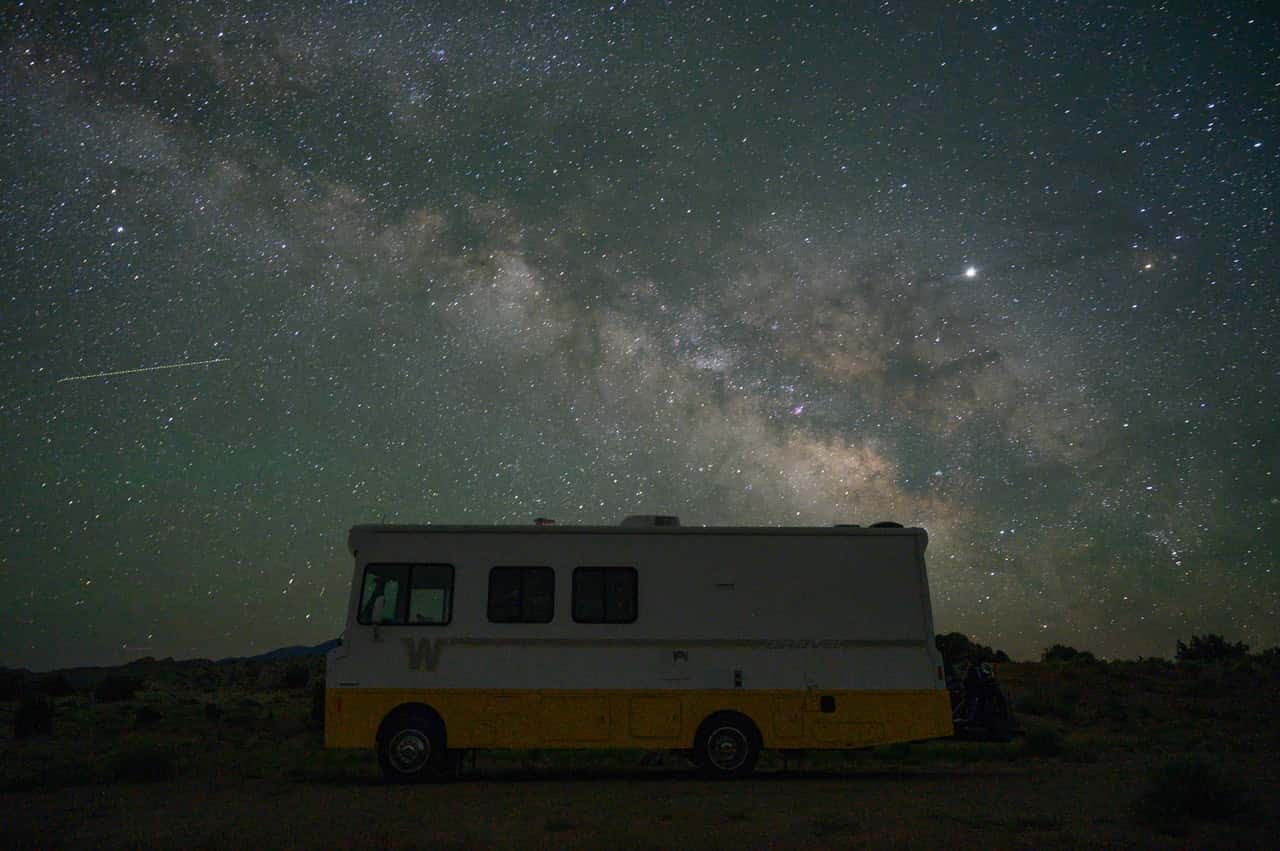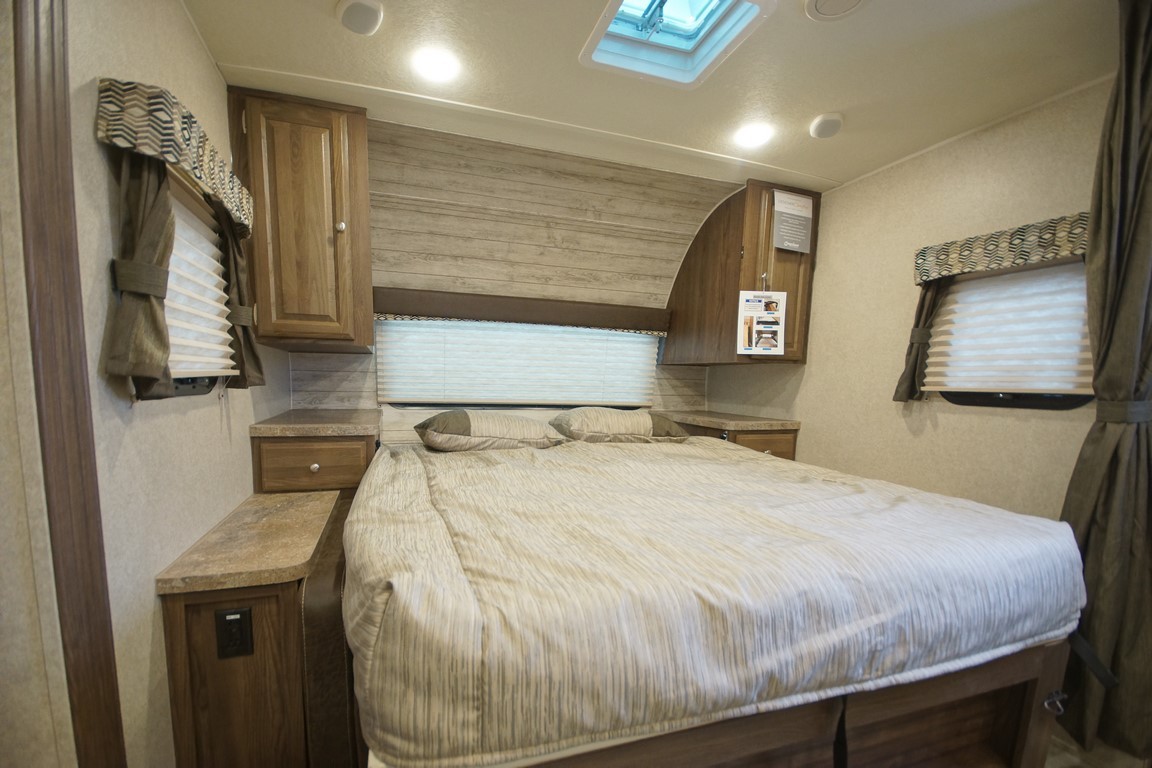Everyone loves the summer because we all agree that it is okay to unwind, forget about your troubles. We love spending the summer on the road and getting away from the worries of everyday life and standard home care. For any plumbing or electrical problem, you are lucky if you are able to find a reliable 24-hour plumbing service or a handyman that can help. For many people, summer means it is time to relax and get away from it all.
If your family is like mine, you spent most of your summer in your RV. Maybe you went on a big cross country road trip, stuck your claim at a campsite, or found a nice beachside getaway. You got quality time with your loved ones in a quiet, private space.
The end of the season is always a bittersweet time because that means it is time to put away the RV for a few months until next summer. You want to make sure that you take the right steps so that your family is able to travel as soon as you are ready!
Follow these necessary end-of-season step so that your next season starts on the right foot:
Contents
Move Out of the RV
To fully take advantage of your vacation, you need to make sure your RV is stock with everything you could need. You have food, clothes, towels, and bedding. Maybe you brought toys and equipment for your kids to play with on the road and at the campsite. Maybe you attached your bikes to the RV so that you could go on a ride and get some exercise after sitting in the vehicle.
The point is you needed to bring a lot of stuff with you, and now that the season is over you need to unload all of that stuff. Throw out all of the extra food, or if possible donate some of the non-perishable items. Pack up all of your clothes and linens and have a laundry day to clean them. Move the bikes, toys, and equipment back into the garage.
At the beginning of the season, make lists of everything you bring. That way, at the end of the season, you can account for all of the stuff as you pack up.
Packing up, throwing out, or donating extra food is the most important part of this step. The last thing you want when you get into your RV next year is a bad smell.
Prepare the Interior
Now that you have moved everything out of the RV, you can clean it. Check off everything on your list:
- Defrost the fridge
- Clean out the filters for the air conditioner.
- Vacuum and sweep the floors
- Clear all trash out of the driver’s cab and living area.
Also, make sure you address your batteries. You can either disconnect the batteries and store them in a cool, dry place or you can leave them in the vehicle. Either way, you will have to check your batteries periodically to keep them from freezing or losing charge. You could also get an RV solar battery charger or a trickle charger that you can leave near the storage site to keep batteries charged and topped off, but still, you should check to make sure the batteries stay fully charged.
Protect Your Exterior
Before you put your RV away for the season make sure you prepare the exterior for storage.
A routine cleaning should be on the list (but not the only thing). Put your RV away spick and span. Anything in storage for an extended period of time will collect some amount of dirt and grime. You do not want storage dirt piling on top of road trip dirt. This will only delay your trip next year as you have more to clean.
If you can, get an exterior inspection done. Check all seams and windows in the body for cracks and holes and that could let water in.
You do not want to have to replace your tires as well! Fill your tires to the recommended pressure and cover them so they are protected from the sun and the weather.
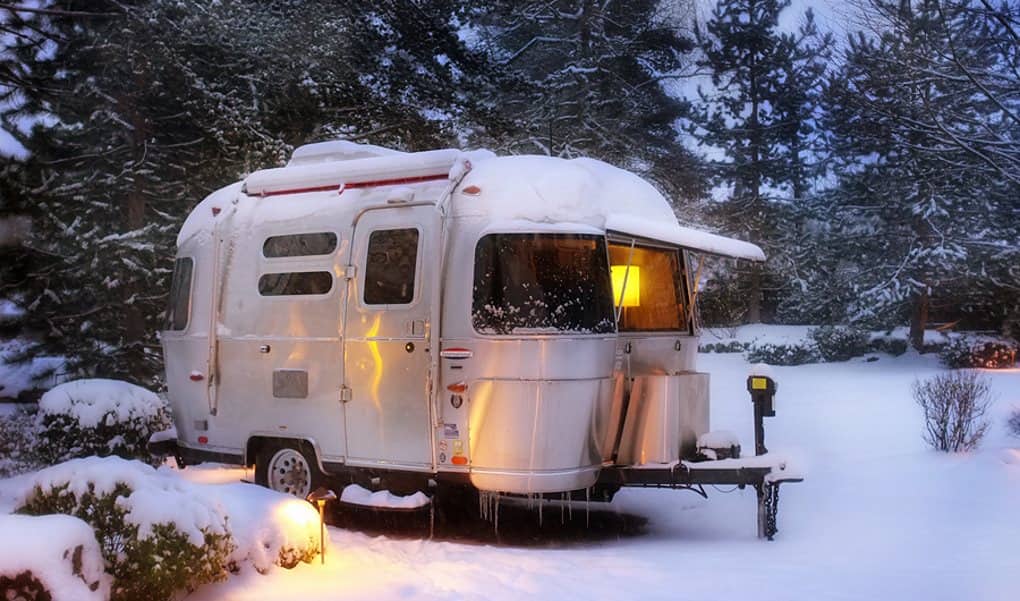
Protect Your Water Lines
This is one of the most important steps in the process. You need to make sure that you winterize your water lines to prevent freezing or breaking during the off-season.
Start by draining your water heater and your freshwater pump. Turn off the heater so that the water inside is not hot when you empty it and you do not get burned. When draining your freshwater pump, watch closely so that it does not run for too long. You do not want to extend the pump when there is no water inside or you could damage it.
There are two main methods for protecting your water lines:
Air – Literally blowing the water through the RV’s piping systems, and draining it so that there is a little water leftover as possible.
Note: If you do not already have an air compressor for your RV, now might be a good time to invest. Between pumping up flat tires and blowing out airlines, the compressor will pay for itself in no time.
Attach the air compressor tube to the RV and run it at a reasonable speed. About 30 psi will be enough to adequately clear out the pipes without damaging them. Then go to each fixture in the RV (faucets, toilets, showers) and open it allowing the air to push the water through.
Finally, fill the drains with antifreeze to stop any water that was caught in the P-traps in the system.
Antifreeze – Pump antifreeze through the RV’s pipe system. You can either use an external hand pump or a pump bypass kit for this procedure.
Drain the systems in the same way that you did for the air compressor method.
Using a hand pump, attach a siphon tube from the antifreeze to the RV’s water inlet. Similarly, go to each fixture in the RV and wait for the pink antifreeze to start running through. A bypass kit will draw antifreeze automatically into the RV internal water pump and push it through the system.
You do not want any leftover water in your RV’s plumbing system so make sure you take the time to protect your pipes.
Storing Your RV
Your RV is cleaned out, protected and the pipes are dry. It’s time to say goodbye for the winter. Your vehicle should be kept in a safe, secure place, under a covered area, and on a solid surface.
Ideally, you will have a car park or a garage to keep your RV in, but that is just not possible for some owners. If you do not have access to a covered location, you should invest in an RV cover for winter made of breathable material.
If you keep your RV in your driveway, avoid any trees that may fall in a heavy storm and avoid heavily windy areas. Check your city codes for bylaws about storing your RV in the street.
It is always sad to put your RV away for the season because that usually means the summer is officially over, but if you follow these steps for winterizing your vehicle, you can make sure that it will be ready to go next year.
Last Updated on September 1, 2022
